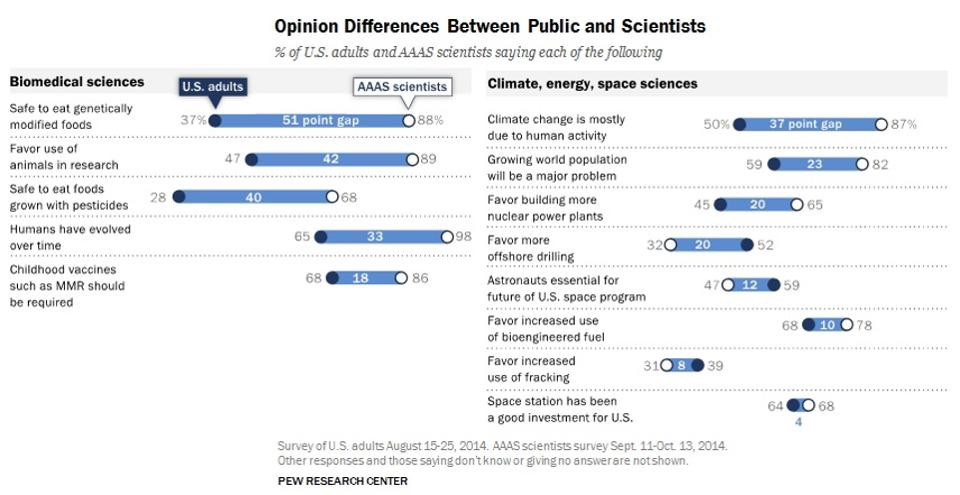Starts with a Bang is among the best science blogs on the internet, perhaps the best. Focused on astrophysics too (paging @Casper_Hesp). I appreciate his article because he often gets into the math and actual data of astrophysics. He even gets into the current controversies. Yet, he still explains things in a way that a mere computational biologist like me can understand.
For example, If not for him, I would not know that the second multipole of the spherical harmonics of the afterglow of the Big Bang (i.e. CMB) tells our speed and direction with respect to the rest of the universe. Now that is some substance I can sink my teeth into.
Ethan Siegel is the author, and I’m fairly certain he is an atheist. He often is arguing against fine-tuning. However, he wrote a pretty phenomenal and surprising article on Religion and Science.
https://medium.com/starts-with-a-bang/yes-science-is-for-the-religious-too-f23535403f20
His concluding paragraph.
Religion is for anyone who wants it in their life, and science is as well. They are neither fundamentally incompatible, nor are they mutually exclusive. Knowledge, education, self-improvement, and the bettering of our shared world are endeavors that are open to everyone. We don’t have to (and likely won’t) always agree with one another, but we can always work to understand a perspective that differs from our own. Perhaps, someday in the near future, that will be the story that makes headlines, rather than attempts to sow discord between two of the most influential forces for good in our world.
This is consistent with my efforts at Peaceful Science (http://peacefulscience.org), And this goal of making science a common ground for all, to serve the common good, is even why methodological naturalism (which is incorrectly named) is important in science too. Why Methodological Naturalism? It is also consistent with the values expressed by some of the friendly atheists here like @T_aquaticus.
Also, quite interestingly, he finds that the gap between scientists and the public is strongest on GMOs, not evolution or climate change. GMO’s, by the way, are critical technology for feeding the world, and serving the common good.
He also includes this graph from our friend at Rice University, Elaine Ecklund.
Any how, curious your thoughts on this article, and finding peace in science. Continue the conversation here or at Peaceful Science. Peaceful Article from Ethan Seigel - Peaceful Science

